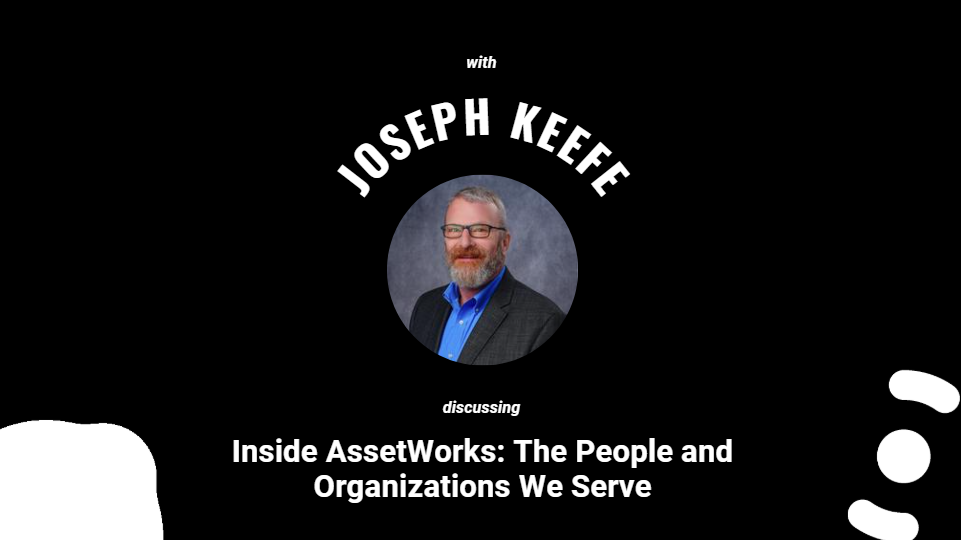Denbighshire County Council (DCC) has 37 City, Town and Community Councils, all formed to represent and serve local communities. Each council provides necessary services to their communities, including community centres, memorials, public information signs and fleet and asset management.
Denbighshire Fleet Services are responsible for the organisation and overseeing of the County Council’s fleet of over 400 vehicles and numerous pieces of plant. The service manages vehicle procurement, full maintenance and repairs, accident management, sourcing temporary vehicles, administration, fuel, and grey fleet management with over 3000 drivers
DCC’s original fleet system was purchased around 2000 and, despite regular improvements to meet compliance and legislation, coupled with advancements in technology, it was deemed the system no longer met the needs of the developing service. The council therefore developed an IT strategy to select and deploy a single, integrated system that could meet its needs, both in the short-term and well into the future. This new system would need to be able to integrate all aspects of fleet, including asset management, fuel management, vehicle maintenance, commercial activity, driver management, hire and pool activity, and operator license issues.
Based on extensive research of the fleet management systems market and a competitive tender exercise, Denbighshire County Council chose AssetWorks as their preferred supplier of FleetFocus, an integrated software solution for fleet, workshop and fuel management.
"One of the key differentiators why we chose the FleetFocus solution was the ability to monitor all our fuel management requirements in a single database solution. We needed a system that could talk directly to our existing hardware and remove any burden of 3rd party interfacing and trying to manage different software systems.”
Chris Brown, Fleet Manager
Derived Benefits and Improvements
By implementing FleetFocus, the Council’s vision was to adopt a wide range of new processes to improve operations, including the removal of paper-based recording through the addition of mobile touchscreens. The digitalised workflow within FleetFocus improves communication between the drivers/operators, workshop supervisors and technicians. The end-to-end process improves communication through helping the data flow from the driver to the workshop and back again, as well as data flowing from the workshop supervisor to technician. This data flow fits in with key events such as driver inspections, defects, work allocation, real-time management of technician time, job completion and vehicle readiness back to the driver. It also includes an optional step for the driver to sign off a defect. With the new process, technicians are able to complete their digital inspection sheets (VC10) through AssetWorks’ FleetFocus EDGE mobility product to meet any statutory compliance.
Granular asset recording and detailed reporting capabilities will provide the Council with needed management information, which highlights any areas for improvement and provides a solid foundation for future purchasing decisions. Efficiency data from the FleetFocus software allow this to be measured for individual vehicles and across categories. All costs in including purchase, running, maintenance and disposal receipts are collated.
In the future, the Council plans to join the DVSA Earned Recognition scheme, which will be supported through FleetFocus’ simplified reporting for compliance. In preparation for the Earned Recognition scheme, accessing all the necessary compliance data in one system and easy-to-use dashboards was an important feature for the Council. Once the Council is ready to join the scheme, the FleetFocus module gathers the required performance metrics for compliance.
Denbighshire County Council’s continued dedication to improving processes through technology shows the United Kingdom’s fleet industry that they are looking towards the future. Through the strategy and their successful use of FleetFocus, DCC is set to achieve their goals without compromising their key principles of reducing costs, continuously improving services, and growing into a more sustainable organisation.












